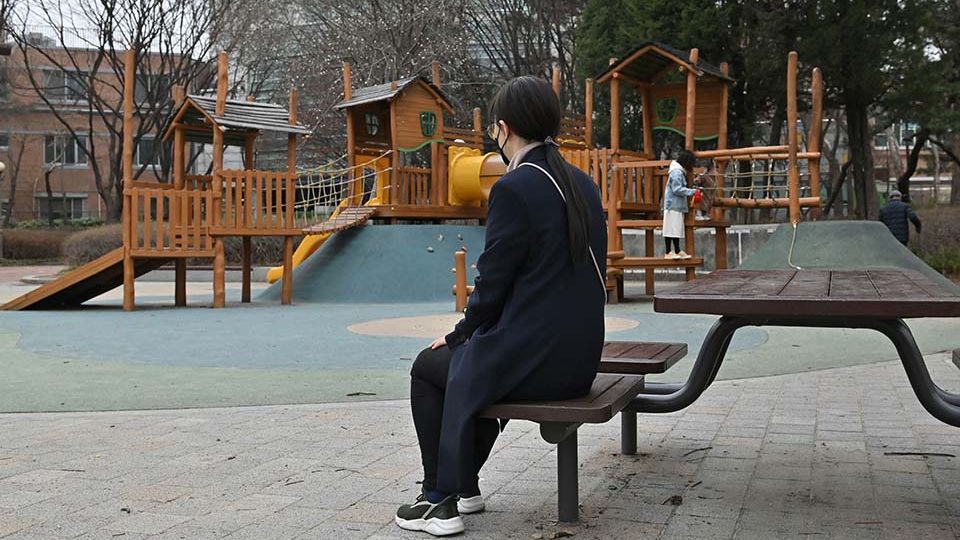April 17, 2025
SEOUL – The South Korean government announced Thursday that the National Gender Equality Index in 2023 was 65.4, down 0.8 from the previous year and marking the lowest figure in 13 years, since the inaugural survey in 2010.
The Ministry of Gender Equality and Family tallies the nation’s overall gender equality by quantifying the equality rate in various realms of society, based on the Framework Act on Gender Equality, with 100 meaning a complete equality between two genders. The 2010 figure had been 66.1 and rose each year to 75.4 before an overhaul of the index in 2021 that applied a new system.
The first index via the new criteria was 65.7 and it rose to 66.2 the following year. The year 2023 marked the first time the NGEI fell compared to the previous year in either system.
Ministry officials noted that while the annual figure had never recorded an on-year decline, it is difficult to compare the 2023 figure to the gender equality numbers in previous years, since the index system itself underwent a complete overhaul since 2022.
“Education” was the category with the highest gender equality score in 2023 at 95.6, followed by 94.2 in “health.” “Income,” “employment” and “gender equality awareness” were next, each at 79.4, 74.4 and 73.2.
“Care” — encompassing domestic labor, “child care” and caring for the elderly in the family — and “decision-making” categories scored lowest with 32.9 and 32.5, respectively.
Korea saw a particularly notable decline in the gender equality awareness category, falling 6.8 points compared to the year before. Gender equality in stereotypes about gender roles within the family was the hardest hit of its subcategories, tumbling from 60.1 to 43.7 within just one year.
Officials argued it is difficult to pinpoint the exact cause of the decline, since the category itself is determined by the subjective opinion of the respondents. They noted that the small decline in the care category — from 33 in 2022 to 32.9 in 2023 — could be attributed to care facilities closing and classes going remote at the height of the COVID-19 pandemic, increasing women’s care labor in the home, as well as the fact that more women use the state’s child care support systems, such as parental leave.
Korea is thought to have achieved significant progress in terms of gender equality in education, with the Korea Educational Development Institute’s data showing that 76.9 percent of women receive tertiary education, surpassing the 73.1 percent of men who do so. Higher percentages of women here have received higher education than men every year since 2015.
But studies have indicated severe gender inequality persists in other areas, such as the gender wage gap between South Korea’s men and women at 29.3 percent — expressed as a percentage of the average earnings of men — in 2023, the highest gender wage gap among the 38 members of the Organization for Economic Cooperation and Development.


